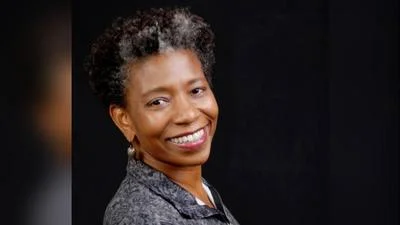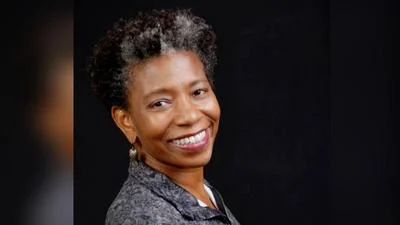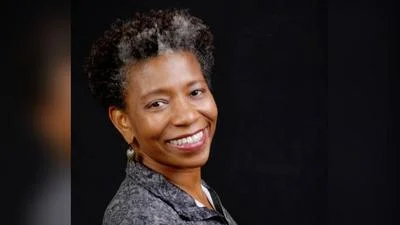The publication is reproduced in full below:
{time} 1015
FEDERAL TRIO PROGRAM
The SPEAKER pro tempore. The Chair recognizes the gentlewoman from Wisconsin (Ms. Moore) for 5 minutes.
Ms. MOORE of Wisconsin. Mr. Speaker, I rise today to discuss something that is very, very important to me as public policy, but it is something that is really personal to me, and that is the Federal TRIO Programs.
The TRIO programs are a set of higher education initiatives authorized by the Higher Education Act of 1965 that provide an educational opportunity to first-generation, low-income students.
You see, in 1969, at age 18, as a high school senior, I became pregnant with my first daughter, Jesselynne. I was a college-bound student, suddenly feeling that I was derailed from my prospects and my future, but the outreach of the TRIO programs in Marquette University enabled me to get a high-quality education at Marquette University, else I might have slipped through the cracks.
You see me here standing today as a Member of Congress, but even prior to that, I contributed greatly to my community, because of my educational opportunity, as someone who created affordable housing through our State agency, put together a financial institution, a credit union for low-income communities to fill the financial gaps, and contributed in so many other ways, including paying taxes--and by the way, my daughter is a special education teacher today.
But without TRIO support, I wouldn't be here, and there are so many other millions of young people who are talented, but they are just poor and don't have the family background to enable them to get to college. Access to quality and affordable education can change your entire life because a college education is one of the greatest democratizers and greatest equalizers in our democratic society. And that is why it has been the honor of my career to be the cochair of the bipartisan TRIO Caucus here in Congress to pay it forward for the next generation.
Mr. Speaker, I am proud to introduce a resolution, along with my cochair, Mike Simpson, in recognizing November 8 as National First-
Generation Celebration Day, a day that commemorates the signing of the Higher Education Act of 1965 by President Lyndon Baines Johnson.
I thank the many Members who signed on to our resolution, especially our Senate cosponsors, Senator Warnock, a TRIO alum, and Senator Marshall, a first-generation college graduate, as well.
Mr. Speaker, I would be remiss if I didn't take this opportunity to highlight how the Build Back Better Act will help to advance the goal of helping more first generation and students of modest means get to college and be able to benefit from the programs like TRIO that can help to ensure that they graduate and gain the skills necessary to participate in our ever, ever complicated economy. And without efforts to make higher education affordable and reducing the debt burden on our students, I am afraid that many students will never have the opportunity to benefit from TRIO, so we need to do more to make sure that cost is not a barrier to quality higher education.
And that is why I think the Build Back Better effort--and I just want to call out Chairman Bobby Scott for all the work he did in increasing the maximum Pell grants to help low-income students get to college. It is clear that Pell grants haven't kept up with the rising costs of college and would provide $500 million over 7 years for grants to States and institutions of higher education and Tribal communities and universities to improve student outcomes, including enrollment retention, completion, and employment placement.
So I just thought it was important to say that when the Build Back Better bill gets to the floor, we should all support it for the educational initiatives that are in it.
But the story of TRIO is a remarkable one that benefits students of all races, creeds, colors, both genders, veterans. It ought to be celebrated.
Mr. Speaker, I am urging, when it comes to the floor, that you all support the bipartisan resolution to celebrate National First-
Generation Day.
____________________
SOURCE: Congressional Record Vol. 167, No. 194
The Congressional Record is a unique source of public documentation. It started in 1873, documenting nearly all the major and minor policies being discussed and debated.
House Representatives' salaries are historically higher than the median US income.






 Alerts Sign-up
Alerts Sign-up